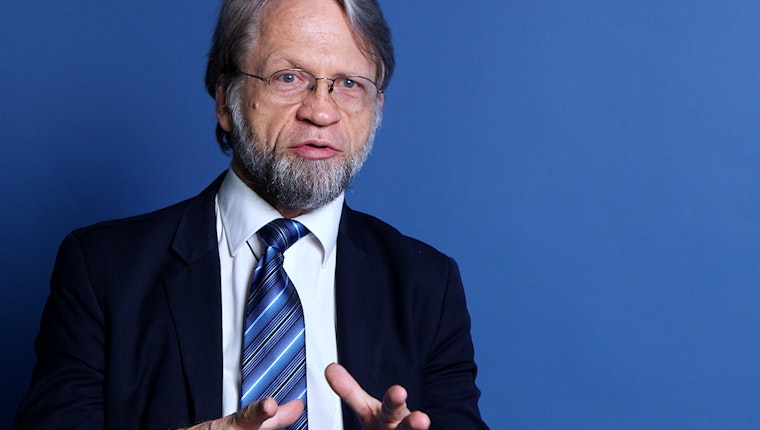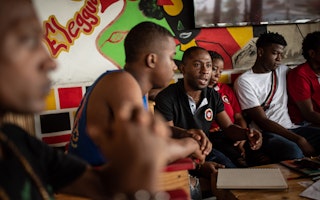To Reduce Its Homicide Rate, Latin America Must “Denormalize” Violence
By Angelica Zamora

When it comes to reducing Latin America’s homicide rate, we need more than better laws. We need to change the public’s perception of the problem.
Antanas Mockus understands that. When he became mayor of Bogotá, Colombia, homicide rates in that city were at their highest level in history. In one of Mockus’ first security council meetings, an adviser told him not to worry about the high homicide rate because many of the victims were criminals. That answer wasn’t good enough for Mockus, who spent two terms in office trying to convince his constituents that every life has value.
At the Open Society Foundations, we want to do the same thing—across the region. Homicide reduction in Latin America is a top priority for us. In 2012, more than 30 percent of the world’s homicides took place in Central and South America despite the fact that only eight percent of the world’s population lives there.
These astonishing numbers can be attributed to a variety of factors including the presence of gangs and organized crime, economic inequality, easy access to firearms, weak law enforcement, and an ineffectual judiciary. But they are also a result of a public that has become desensitized to murder, especially when it occurs among young, low-income, marginalized people of color.
One way to “denormalize” homicide is to make it harder for people to ignore. Toward that end, we support a new section of the Colombian news site La Silla Vacia, which reports on every homicide in a single Bogotá neighborhood. Another grantee, Casa de las Estrategias, is raising awareness of homicides among young people in a district of Medellín, and Amnesty International Brazil is focusing on homicides among black youth.
For too many people, violence and insecurity are seen as chronic conditions that cannot be changed. We have to convince them otherwise and are teaming up with a diverse array of civil society groups, including youth groups, business leaders, partners in faith-based and community organizations, and law enforcement officials to do so.
Latin American countries’ struggles with high homicide rates mean they have a lot to learn about effective ways to reduce violence. But they also have a lot of experience to build upon and many lessons to share. The Open Society Foundations are committed to supporting initiatives within the region to reduce violent deaths.
Only when citizens feel, as Mockus says in the video, that “even one person killed” is too many can we begin to create more open and safe societies throughout Latin America.
At Open Society is a video series highlighting the people and ideas that are inspiring our work—and changing the world.
Angélica Zamora is a program officer at the Latin America Program.


